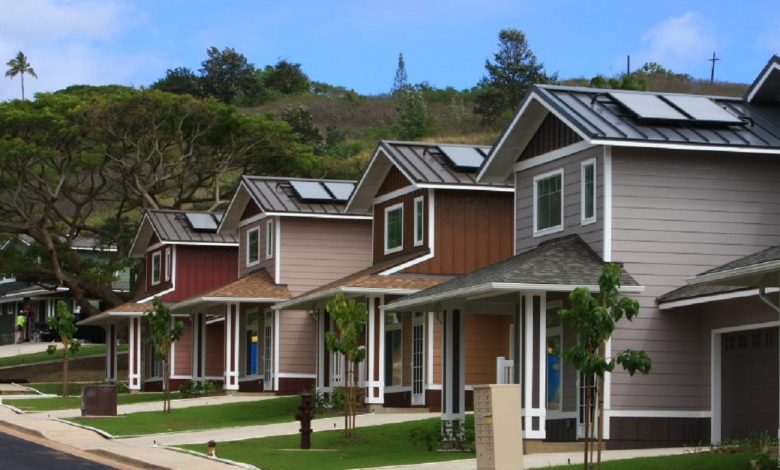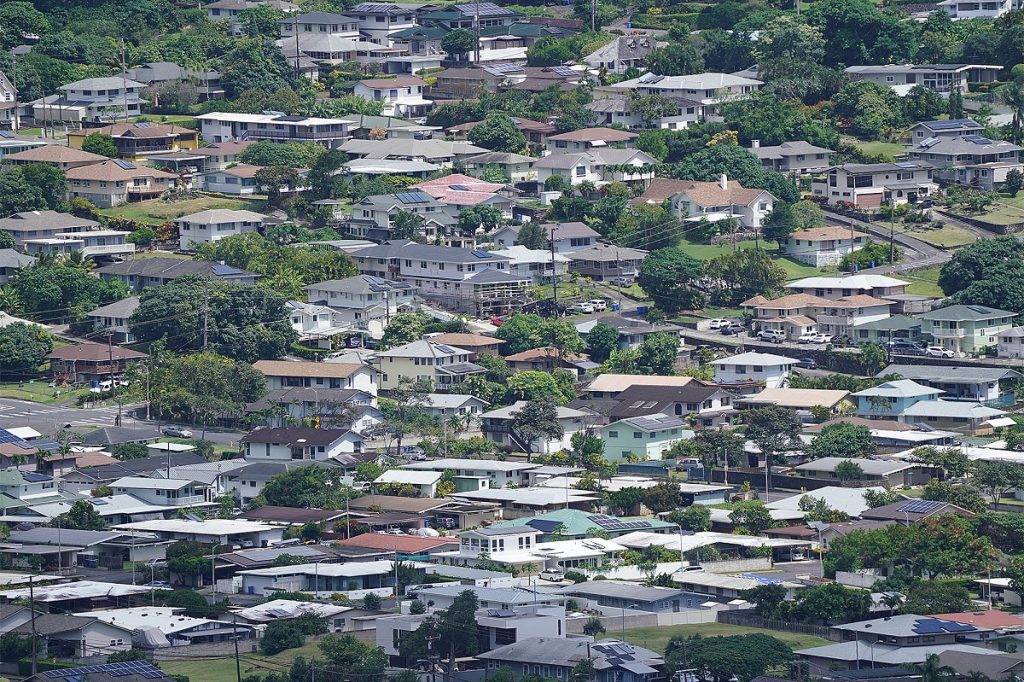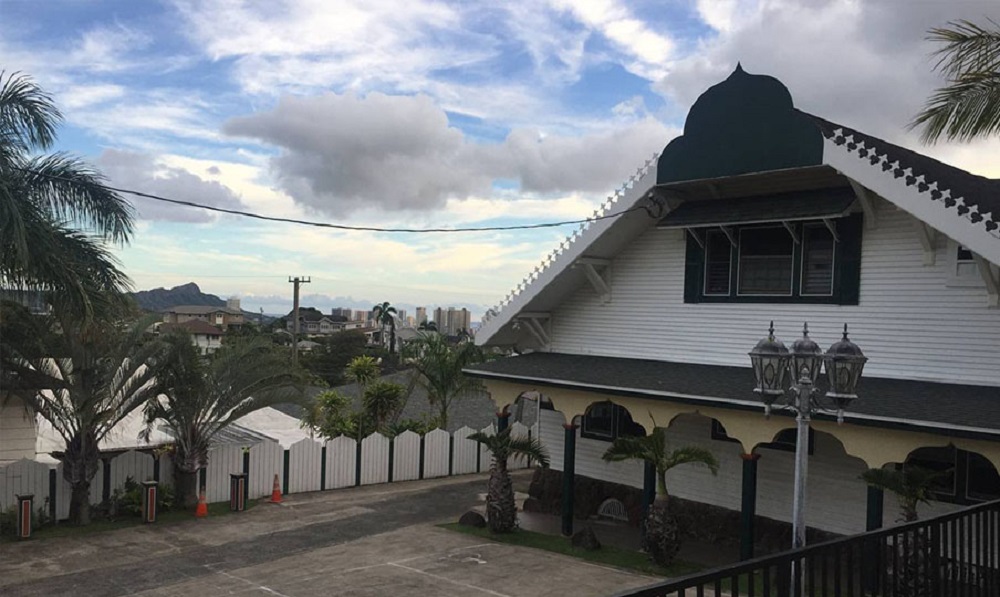Affordable Housing and the Muslim Community in Hawaii | Faith, Family, and Community Growth
Discover how Hawaii’s Muslim and Arab communities are navigating the state’s affordable housing challenges while fostering unity, faith, and cultural connection.

Hawaii, known for its breathtaking natural beauty and cultural diversity, is also home to a small but vibrant Muslim and Arab community that continues to grow steadily. While the Aloha State is famous for its hospitality and multicultural spirit, affordable housing remains one of the most pressinThe Muslim and Arab communities in Hawaii embody resilience, faith, and unity amid the state’s ongoing affordable housing challenges.g challenges facing Muslims, Arabs, and other immigrant communities living there.
A Growing Muslim and Arab Presence in Hawaii
The Muslim population in Hawaii is diverse, including residents of Arab, South Asian, African, and local Hawaiian descent. Most of the Muslim community lives on Oahu, particularly in Honolulu, Waipahu, and Aiea, where mosques, halal food stores, and Islamic centers are located.
Prominent institutions like the Muslim Association of Hawaii (MAH) and Mānoa Muslim Community Center play a vital role in bringing people together for daily prayers, Friday sermons, and community outreach programs. These centers also help newcomers — including Arab families from countries such as Lebanon, Syria, and Egypt — adjust to life on the islands by providing cultural, social, and financial support.

Affordable Housing Challenges
Hawaii is known for having one of the highest costs of living in the United States, largely due to limited land, strong demand, and expensive imports. This makes it difficult for many working families — including Muslim and Arab residents — to find affordable and suitable housing close to mosques, schools, and halal markets.
According to local housing advocates, rental prices in Honolulu and surrounding areas have increased dramatically in recent years, pushing many families to move farther inland or to less expensive neighborhoods. For immigrants and refugees, these costs can be overwhelming, especially when balancing large family sizes and limited access to affordable financing options.
Community and Faith-Based Efforts
Islamic organizations in Hawaii have been proactive in addressing these issues through community assistance and charitable initiatives. The Muslim Association of Hawaii and several local mosques regularly organize fundraising events and charity drives to help families cover rent, utilities, and relocation costs.
In partnership with social service agencies and local nonprofits, these groups also provide temporary housing assistance, financial literacy programs, and support for new arrivals — ensuring that no family is left without a home.
Some Muslim community leaders are also advocating for faith-based housing initiatives that could create long-term affordable housing projects designed with cultural and religious needs in mind.

Neighborhoods Welcoming Muslim Families
-
Honolulu: The center of Hawaii’s Muslim life, home to mosques, halal restaurants, and community centers.
-
Waipahu: More affordable than downtown Honolulu, with a diverse population including Arab and South Asian families.
-
Ewa Beach & Aiea: Popular areas for families seeking quieter, suburban environments while remaining close to Islamic centers.
Conclusion
The Muslim and Arab communities in Hawaii embody resilience, faith, and unity amid the state’s ongoing affordable housing challenges. Through local collaboration, religious institutions, and community-driven support, these families continue to thrive — building lives rooted in both faith and the spirit of aloha.



